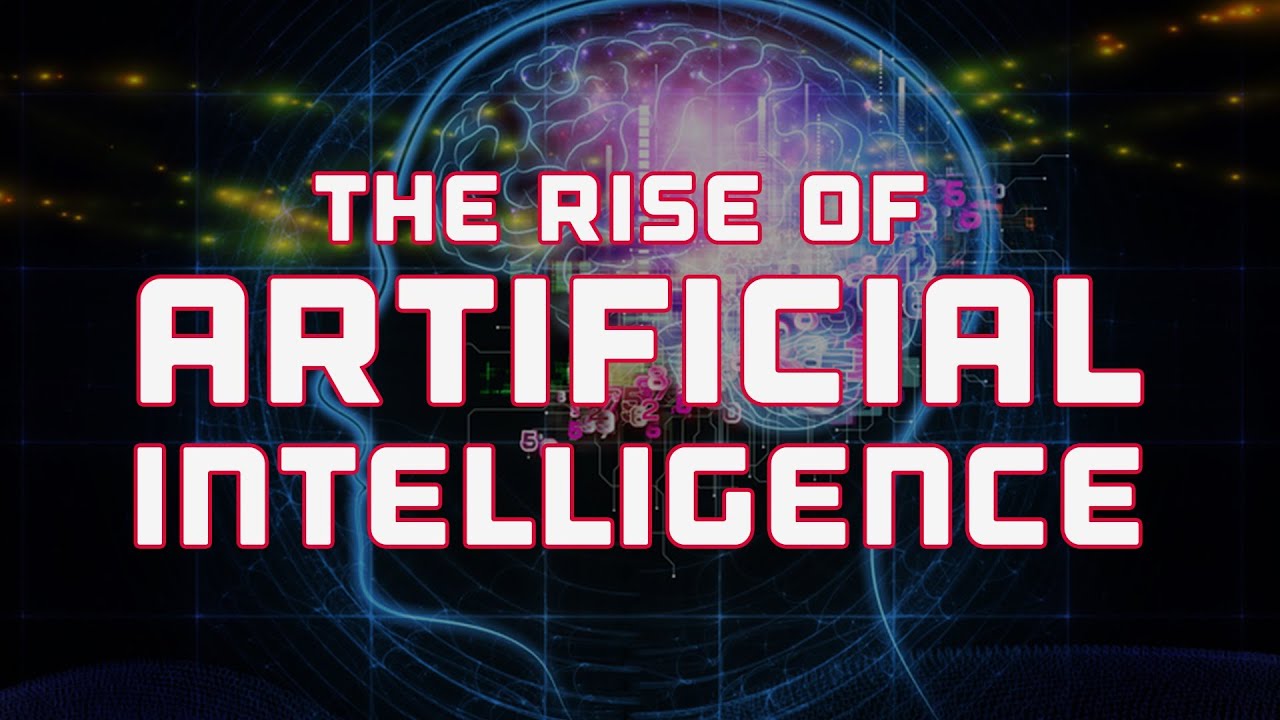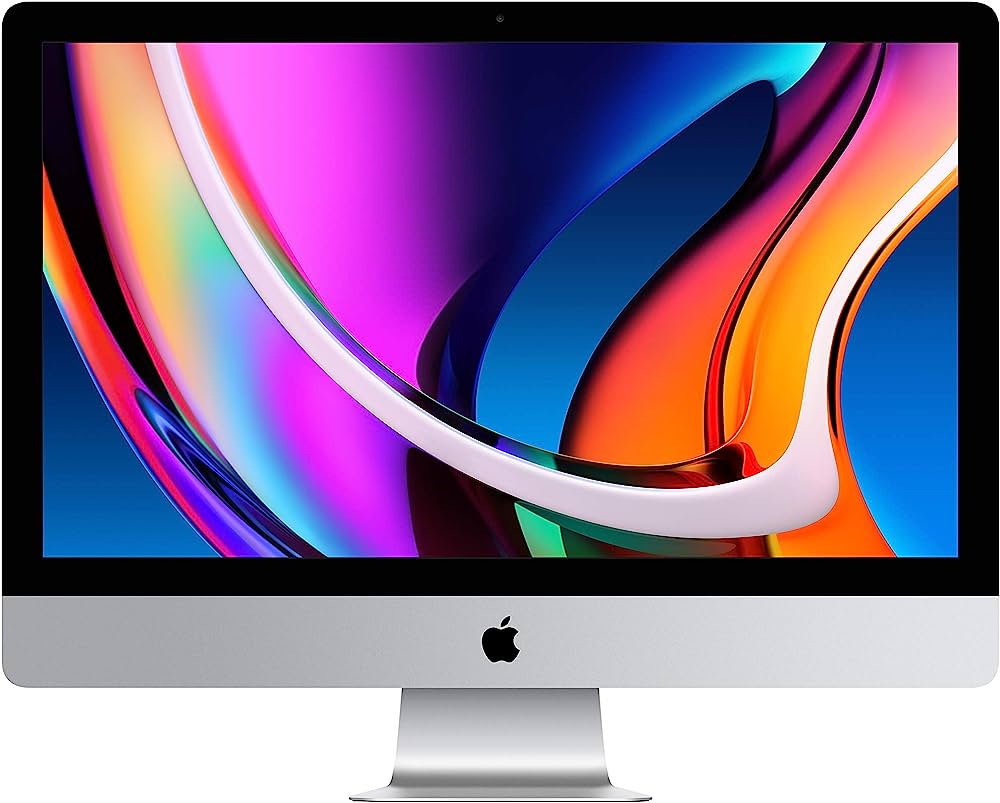Introduction:
Artificial Intelligence (AI) has emerged as one of the most revolutionary technologies of our time, revolutionizing industries and reshaping the future in profound ways. With its ability to analyze vast amounts of data, learn from patterns, and make autonomous decisions, AI is transforming various sectors, including healthcare, finance, manufacturing, transportation, and more. This article delves into the rise of AI, exploring its impact on industries and the implications it holds for the future.
AI in Healthcare:
In the healthcare sector, AI is making remarkable strides. It is enhancing disease diagnosis, drug development, and treatment plans by analyzing patient data, medical records, and research papers at an unprecedented speed and accuracy. AI-powered systems are improving patient outcomes by enabling the early detection of diseases, predicting medical emergencies, and personalizing treatment plans based on individual patient characteristics. Furthermore, AI is facilitating telemedicine, enabling remote patient monitoring, and supporting robotic surgery, thereby revolutionizing the way healthcare is delivered.
AI in Finance:
The financial industry is another sector experiencing a significant transformation due to AI. Machine learning algorithms are enhancing fraud detection by identifying suspicious patterns and anomalies in financial transactions, minimizing risks for both individuals and institutions. AI-powered chatbots and virtual assistants are streamlining customer service, providing personalized recommendations, and automating routine tasks such as account management and money transfers. Additionally, AI is optimizing investment strategies by analyzing market trends, historical data, and economic indicators, assisting financial analysts in making more informed decisions.
AI in Manufacturing:
The manufacturing industry is leveraging AI to improve efficiency, productivity, and safety. Intelligent robots and automation systems are taking over repetitive and physically demanding tasks, leading to increased precision and reduced human errors. AI-driven predictive maintenance is reducing equipment downtime by monitoring machinery conditions and predicting failures before they occur. By analyzing vast amounts of production data, AI is optimizing supply chains, minimizing waste, and enhancing inventory management. These advancements are driving the emergence of smart factories, where interconnected machines and AI systems work seamlessly to optimize manufacturing processes.
AI in Transportation:
Transportation is undergoing a transformative revolution with the integration of AI. Self-driving cars and autonomous vehicles are set to revolutionize the way we travel, promising increased safety, reduced traffic congestion, and enhanced energy efficiency. AI algorithms are optimizing logistics and route planning, enabling faster and more efficient delivery services. Furthermore, AI-powered systems are being deployed in public transportation systems to improve traffic management, enhance passenger experiences, and provide real-time updates and personalized recommendations to commuters.
Implications for the Future:
As AI continues to advance, it brings forth both opportunities and challenges. The ethical considerations surrounding AI, such as privacy, bias, and accountability, must be addressed to ensure the responsible and fair use of this technology. Additionally, there is a growing need for upskilling the workforce to adapt to the changing job landscape brought about by AI automation. Governments and organizations must collaborate to establish regulations and frameworks that promote the responsible deployment of AI while fostering innovation and economic growth.
Conclusion:
The rise of artificial intelligence is transforming industries across the globe, shaping the way we live, work, and interact. From healthcare to finance, manufacturing to transportation, AI is revolutionizing processes, optimizing decision-making, and unlocking new possibilities. Embracing AI technologies while considering the ethical implications and addressing the challenges it present will pave the way for a future where human intelligence and artificial intelligence coexist to create a more efficient, sustainable, and inclusive society.





One thought on “The Rise of Artificial Intelligence: Transforming Industries and Shaping the Future”